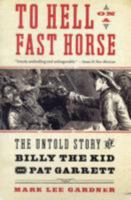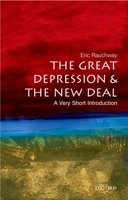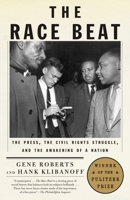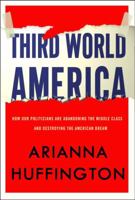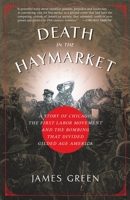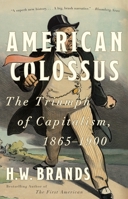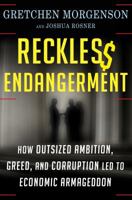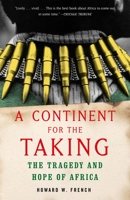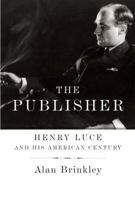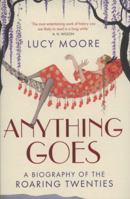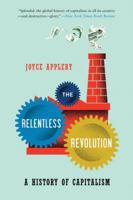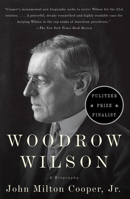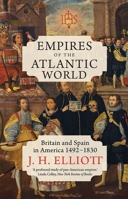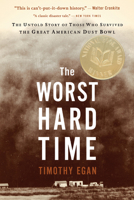The Great Depression: America 1929-1941
Select Format
Select Condition 
You Might Also Enjoy
Book Overview
Customer Reviews
Rated 5 starsThe Depression from the bottom-up
Having just read "The Forgotten Man" by Amity Shlaes, and "The Great Depression" by Robert McElvaine, back-to-back, I have the opportunity to compare how both authors treat this complex topic. What struck me is that Shlaes' approach seems to be "top-down" while McElvaine's approach is "bottom-up". McElvaine sprinkles into his text the correspondence from ordinary Americans to the Roosevelts; the language is rich, heartfelt,...
2Report
Rated 5 starsWonderful history book
Wow. I've read a lot of history over the years and this is clearly one of the best. Way more than a recitation of facts, McElvaine offers an interpretation of what was going on in the 1920s and 1930s. I know conservatives will hate this and accuse it of a liberal bias -- and McElvaine is clearly a liberal -- but it's hard to see how Coolidge Economics -- tax cuts for the wealthy, an anti-regulatory atmosphere, an explosion...
4Report
Rated 5 starsNew Deal as Seen from the Reagan Era
This book was written in 1983, in the early years of Ronald Reagan's presidency. It's very interesting to see how angry the Reagan fans are at reading it. Biased! they cry, and so it is... forthrightly biased against Reagan, but intelligently skeptical toward the alleged success of Keynsian solutions to the Depression. Critics of FDR today seem widely to assume that the New Deal was strictly a Keynsian operation; McElvaine...
1Report
Rated 5 starsGood Book on the History of the Great Depression
This is a good book on the HISTORY of the Great Depression era. If you are writing a college paper or just want to read an authoritative book on the subject, read this book. I was impressed with how thoroughly the author detailed the people, the times, and the policies that were enacted (and the political reasons they came about in that form) and kept the book moving along. There are details and more details. I was surprised...
2Report
Rated 5 starsTerrific Overview Of The Great Depression Of The 193Os
Most historians agree that the Second World War is the single most important event shaping and directing subsequent developments throughout the balance of the 20th century. Indeed, no single other event so shaped the world or influenced the events leading to that war than did the great worldwide depression. In this wonderful book by historian Robert McElvaine, we are treated to a terrific account of the human ordeal of the...
2Report













